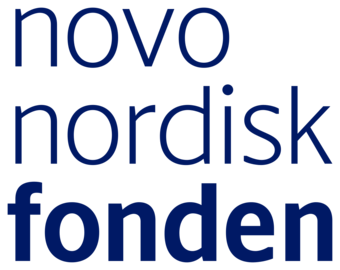Scholze Lab
The research of the Scholze lab focuses on ligand gated ion channels, predominantly GABAA receptors (GABAA-R) and nicotinic Acetylcholine receptors (nACh-R).

nACh-R: We are studying the function of the several different nAChR-subtypes. Currently the research focus is on receptors composed of the subunits α7 as well as the human-specific subunit dupα7. These receptors play a major role in synaptic pathology and disorders such as schizophrenia or Parkinson‘s disease. In our experiments, we use neurons derived from human induced pluripotent stem cells (hiPSC) and/or primary neurons isolated from transgenic or knock-out mice overexpressing or lacking these nAChR subunits for patch-clamp electrophysiology as well as Fura-2 Ca2+-imaging.

GABAA-R: In close collaboration with the Ernst Lab, we aim to identify binding sites unique for certain GABAA-R subtypes in order to pave the way for future drug development research. Using our set of subtype-specific antibodies, we elucidate the receptor subtypes that actually exist in native tissue. The function of those receptors is then either studied in native rat brain or expressed in heterologous expression systems and investigated using radioligand binding assays.





